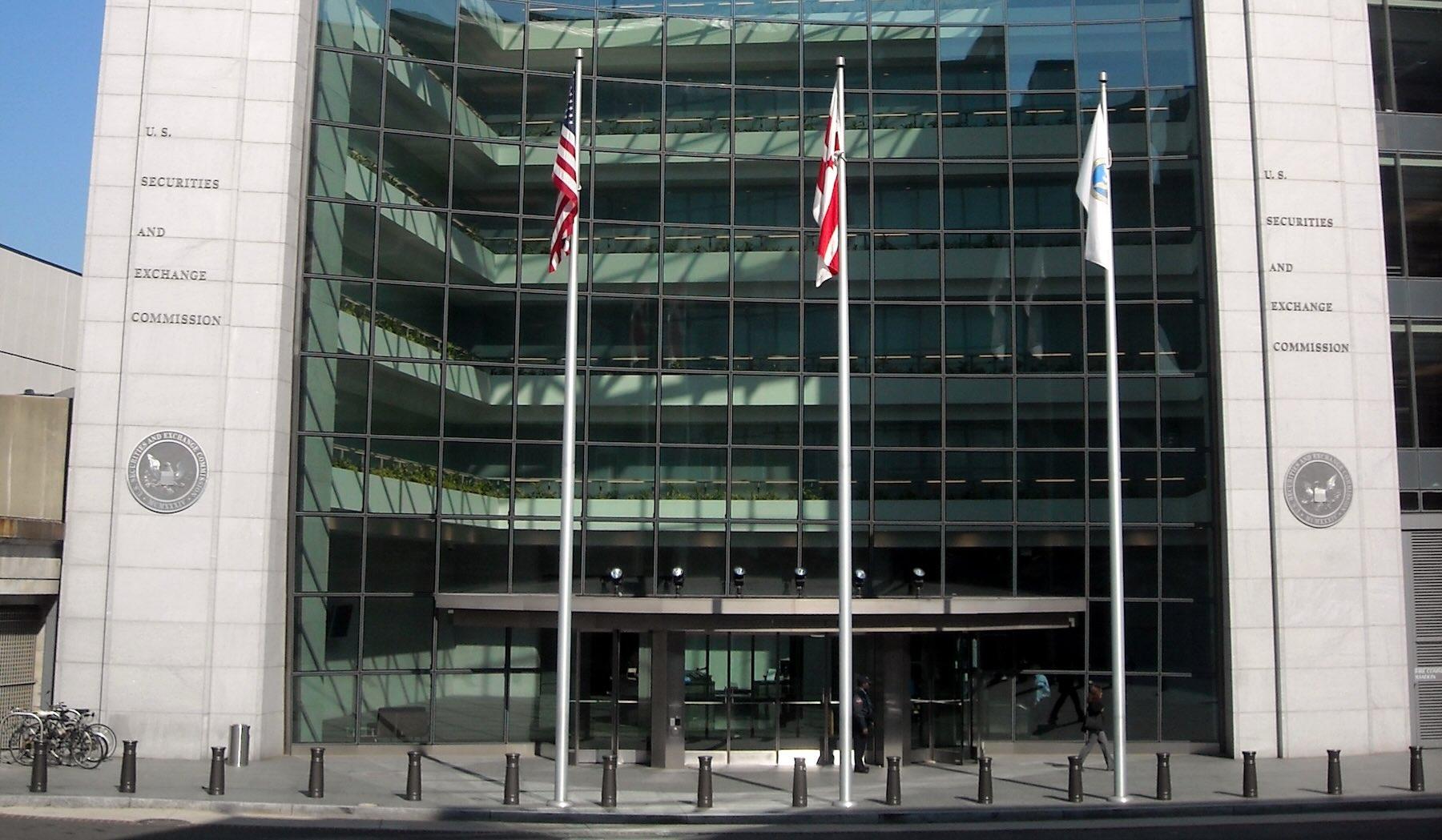On April 10, 2024, the US Securities and Exchange Commission (SEC) issued a Wells notice to Uniswap Labs, the team behind the most popular decentralized exchange on Ethereum.
Uniswap’s Chief Legal Officer took to X (formerly Twitter) to say that the notice was disappointing, but expected, considering the SEC’s continued abuse of power towards the crypto sector.
Source: X
DeFi Under Fire
The action taken by the SEC against Uniswap Labs isn’t the first against a decentralized finance (DeFi) platform, but follows their Well notices provided to Coinbase and Binance previously. The SEC has been investigating Uniswap since 2021 which has led to the delisting of certain tokens in the past, but the Wells notice is a clear escalation to the situation.
The SEC’s pursuit of Uniswap is a clear attack on the DeFi sector, which, considering the cases the SEC is losing against Ripple and Coinbase currently, is probably the only thing they have left to target.
It’s also clear in most of these cases that the SEC has very little understanding of how protocols like Uniswap even work, as they’re expecting Uniswap Labs to turn over customer information even though customer’s don’t need to register in any way to use the protocol.
SEC’s Lack of Consistency
The SEC’s suit of Uniswap is also completely contradictory to many rulings they’ve made over the past few decades. The first contradiction is the SEC’s own definition of an exchange. In 1986, 1991, and 1991, the SEC issued “No-Action Letters” to entities routing and matching trades electronically, saying that those did not meet the holistic definition of “an exchange”. Yet, here they are targeting Uniswap for doing exactly that.
The other contradiction that the SEC has made is that they previously stated, in letters from 1989 and 1990, that an interface that displays and communicates with an exchange is not in itself an exchange. Cinneamhain Ventures’ Adam Cochran did a really good job of breaking down previous rulings made by the SEC and their contradictions to their current actions in this thread on X.
Front End Portal vs Code
Perhaps the biggest point made by Cochran and to note in general is that connecting buyers and sellers does not constitute an exchange. Users who connect with Uniswap are simply using a front end portal that accesses autonomous code.
Uniswap Labs themselves have nothing to do with exchanging the assets other than providing an interface (front end) to access smart contracts (code) that execute trades automatically.
In 1998, the SEC also found that having an electronic system for stocks not listed on existing exchanges, doesn’t constitute an exchange, regardless of whether fees are charged.
Cochran noted that, “In this case, the commission found that once again, so long as their informational interface was no clearing and settling these transactions, then just because it was the primary listing location of an asset, it was not somehow more of an exchange.”
The reality is that you don’t actually need Uniswap’s interface to make swaps on Ethereum, as the elements are distinctly separate, something that the SEC may not even be aware of (as they don’t seem to understand how blockchain works half the time).
Instead, a user can simply send their transaction from their wallet to the smart contract and have it executed, or use a node to accomplish the same thing. As long as you have the technical knowhow, a trade can be done without using Uniswap.
It is a lot easier for the majority of people to simply use Uniswap’s front end though, which is why it was created in the first place as a way to access the autonomous code that makes the swaps.
What a Uniswap Court Victory Would Mean
Though the legal battle that Uniswap Labs will now have with the SEC won’t be short, it should be a case they can win, much like Ripple was able to win theirs. The SEC is grasping at straws with most of their legal actions against the cryptocurrency sector and this case is no different. It’s a shame that the SEC hasn’t taken the approach which EU financial regulators have with their Markets in Crypto Assets (MiCA) proposal which is to be decided upon by the end of 2024.
If Uniswap Labs ends up winning the case, as they likely should, it would set an incredibly positive precedent for the DeFi sector and legitimize the sector in a needed way.
